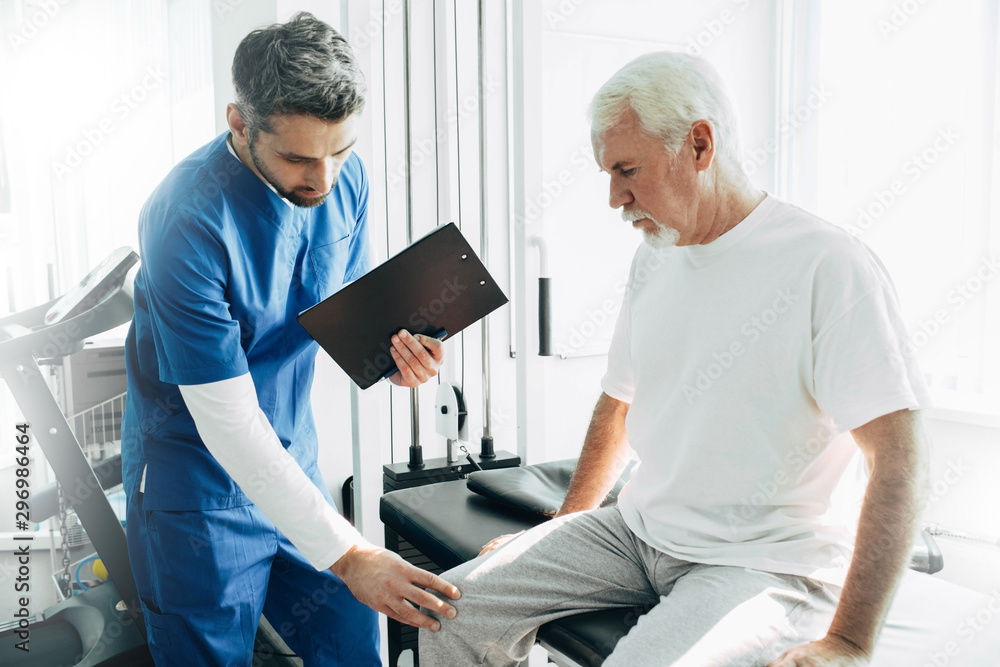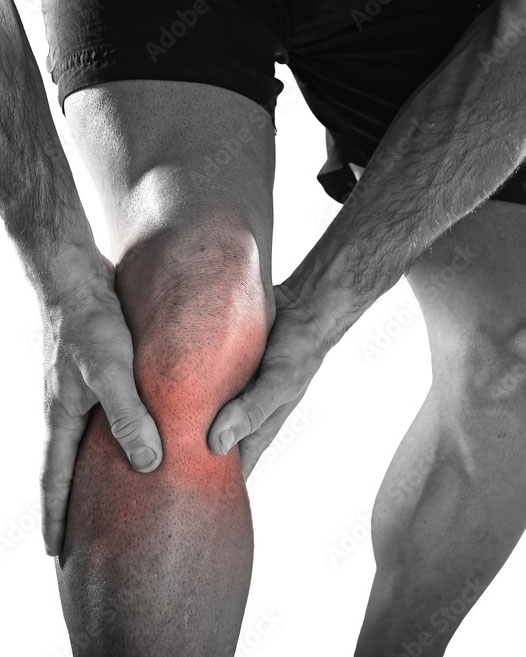If your Osteoarthritis (“OA”) symptoms are mild, your doctor may recommend physical activity, a weight loss program, or a knee brace. Some patients find that strengthening and range-of-motion exercises help with their symptoms. Your doctor might also suggest you participate in an OA education program or support group.
If your OA pain is more intense, your doctor may advise using nonprescription pain relievers like acetaminophen, Aspire, ibuprofen, or other prescription drugs. If these options do not work, other available treatments include knee injections with hyaluronates or knee surgery.
If you have knee osteoarthritis, your doctor may recommend exercise and weight loss to help reduce knee pain and stiffness. Exercises that strengthen muscles and improve stamina may be the most effective. You should avoid activities that cause excess pain in your joints.
Another option to relieve knee pain is drug therapy, such as non-prescription pain relievers (like acetaminophen) or drugs that reduce inflammation, including ibuprofen, aspirin, naproxen, or prescription medications, such as narcotics.
If these options do not work well enough, other treatments that may be considered include knee injections with a hyaluronate or surgery.


